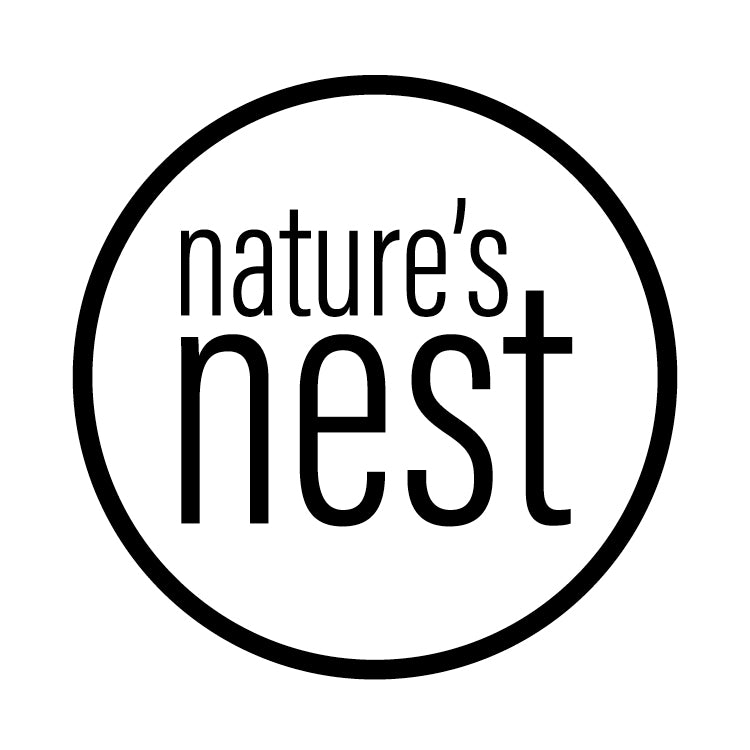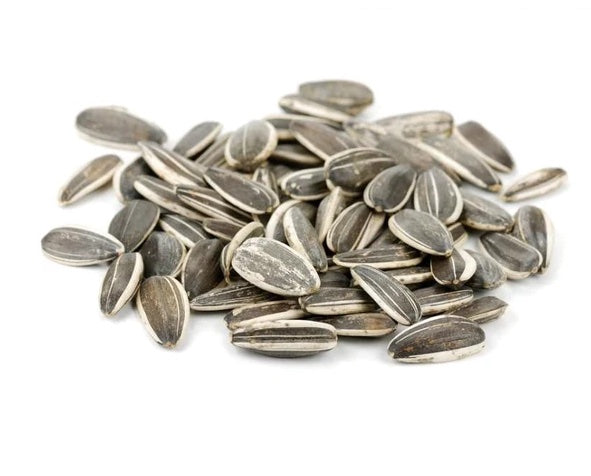Birds and parrots are captivating creatures known for their vibrant colors, melodious songs, and inquisitive personalities. As responsible pet owners, it is our duty to ensure their health and well-being. One common misconception is that a bird seed diet alone can meet their nutritional needs. However, this belief is far from the truth. In this blog, we will explore the reasons why a bird seed diet is not healthy for birds and parrots, and why a varied and balanced diet is crucial for their overall health.
- Lack of Essential Nutrients:
While bird seed mixes may provide certain nutrients, they often lack a comprehensive range of essential vitamins, minerals, and amino acids necessary for optimal avian health. Birds require a balanced diet that includes proteins, healthy fats, carbohydrates, vitamins, and minerals. A diet solely composed of bird seeds is an unbalanced diet - falls short in meeting these nutritional requirements, leading to deficiencies and related health issues.
- High Fat and Calorie Content:
Bird seeds, particularly sunflower seeds, are rich in fats and calories. When consumed excessively, they can lead to obesity in birds and parrots. Obesity can result in a range of health problems such as cardiovascular issues, joint pain, and a compromised immune system. Overweight birds also have reduced agility, making them more prone to injuries and an overall decrease in quality of life.
- Inadequate Calcium and Vitamin D3:
Bird seed diets often lack sufficient calcium and vitamin D3, both of which are essential for maintaining strong bones and preventing conditions like metabolic bone disease. Calcium deficiency can lead to weak bones, deformities, and fractures. Without an adequate supply of vitamin D3, calcium absorption is hindered, further exacerbating the problem.
- Beak Problems:
Birds and parrots have unique beaks designed to crack open a variety of foods in their natural habitat. A bird seed diet fails to provide the necessary chewing exercise required to maintain proper beak health. Over time, this can result in overgrown beaks, misalignments, and dental issues, leading to difficulty in eating and potentially impacting the bird's overall health and well-being.
- Behavioral Issues:
Birds are intelligent creatures that require mental stimulation. A monotonous diet consisting solely of bird seeds can lead to boredom and frustration. This lack of variety can manifest in behavioral problems such as excessive screaming, feather plucking, and aggression. Providing a diverse diet encourages foraging behavior, mental engagement, and overall enrichment.
- Increased Susceptibility to Illness:
A compromised immune system resulting from a nutrient-deficient diet can render birds more susceptible to various diseases and infections, like sinus and upper respiratory infections due to a lack of Vitamin A. Without the necessary nutrients, their ability to fight off infections diminishes. As responsible bird owners, it is our duty to provide them with a well-rounded diet that bolsters their immune system and promotes good health.
- Influence of Some Pet Shops:
It's important to consider the influence of some pet shops when it comes to promoting bird seed diets. Bird seeds are often pushed as a primary food option because they are inexpensive to produce and have a high profit margin. Unfortunately, this marketing strategy can lead bird owners to believe that a bird seed diet alone is sufficient for their feathered friends. However, it's crucial to remember that pet shop employees may not always have in-depth knowledge of avian nutrition. As responsible bird owners, it's essential to educate ourselves and consult with avian experts, such as veterinarians specializing in avian care, to ensure we are providing the best possible diet for our birds and parrots.
By acknowledging the influence of pet shops in promoting bird seeds and emphasizing the importance of seeking expert advice, we can empower bird owners to make informed decisions regarding their pets' nutrition and overall well-being.
Conclusion:
While bird seeds may be a component of a balanced diet, relying solely on them is detrimental to the health and well-being of birds and parrots. The deficiencies and related health issues that arise from a bird seed diet can significantly impact their quality of life. To ensure the longevity and vitality of these magnificent creatures, it is essential to provide them with a diverse range of fresh fruits, vegetables, whole grains, lean proteins, and specialized avian pellets.
One such example is Nature's Nest pellets, which are vet formulated to meet the nutritional needs of birds and parrots. These pellets are specifically designed to provide a balanced and complete diet, containing essential vitamins, minerals, and amino acids. By offering a varied and balanced diet, including high-quality pellets like Nature's Nest, we can help our feathered companions thrive, keeping them happy, healthy, and vibrant for years to come.

